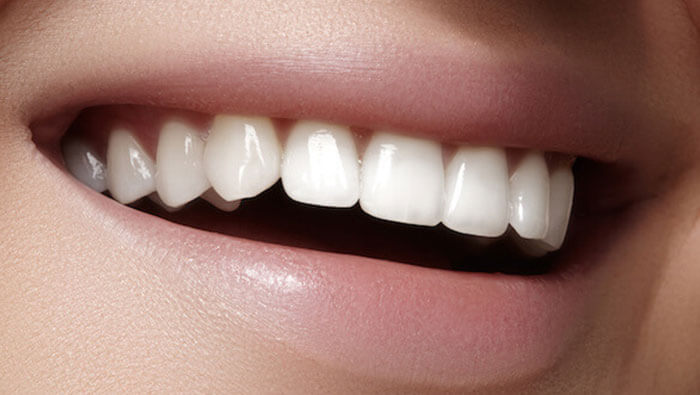Dental emergencies can strike at any moment, often causing excruciating pain, discomfort, and anxiety. When faced with sudden dental distress, having access to emergency dentistry services becomes a vital shield against these unexpected challenges. Emergency dentists are specially trained to handle urgent oral health issues and provide prompt relief, ensuring that your dental problems do not escalate into more severe complications. Dental emergencies come in various forms, each requiring immediate attention. Here are some common types of dental emergencies:
Toothaches – Severe toothaches can be debilitating, often indicating an underlying issue like tooth decay, infection, or a cracked tooth. Emergency dentists can diagnose and treat the root cause of the pain to provide quick relief.
Knocked-Out Teeth – Accidents and injuries can result in knocked-out teeth, which can be re-implanted if handled promptly. Time is critical in such cases, and an emergency dentist can increase the chances of saving the tooth.

Cracked or Broken Teeth – A cracked or broken tooth can expose the inner pulp and nerves, causing immense pain and increasing the risk of infection. Emergency dentists can assess the extent of the damage and provide suitable treatment, such as dental bonding, crowns, or extractions if necessary.
Abscesses or Infections – Dental infections can lead to painful abscesses that require immediate attention. Emergency dentists can drain the abscess, prescribe antibiotics, and perform root canals if needed to eliminate the infection.
Orthodontic Issues – Problems with orthodontic appliances like braces can lead to discomfort and irritation. Emergency dentists can adjust or repair orthodontic devices to provide relief and prevent complications.
Timely care in a dental emergency is crucial for several reasons:
Pain Relief – Dental emergencies often come with severe pain. Emergency dentists can alleviate pain quickly, providing immediate relief to the patient.
Preventing Further Damage – Ignoring a dental emergency can lead to more extensive damage and higher treatment costs. Early intervention by an emergency dentist can prevent complications.
Saving Teeth – In cases of knocked-out or severely damaged teeth, immediate treatment can increase the likelihood of saving the tooth. Delaying care may result in irreversible tooth loss.
Reducing the Risk of Infection – Dental infections can spread rapidly and even affect other parts of the body. Prompt attention from an emergency dentist can curb the infection’s progress.
In the event of a dental emergency, it is essential to know how to respond effectively:
Contact an Emergency Dentist – Find an emergency dentist in your area and call them immediately. Explain your situation and follow their instructions for Tooth abscess treatment.
Preserve Knocked-Out Teeth – If a tooth is knocked out, handle it by the crown not the root, rinse it gently with water, and try to reinsert it into the socket. If this is not possible, store the tooth in a container with milk or saliva until you can reach the dentist.
Manage Pain – Over-the-counter pain relievers can provide temporary relief from dental pain. Avoid placing aspirin directly on the affected area, as it can cause irritation.
Control Bleeding – If there is bleeding, use a clean cloth or gauze to apply gentle pressure to the area. This should help stop the bleeding until you can see the dentist.

